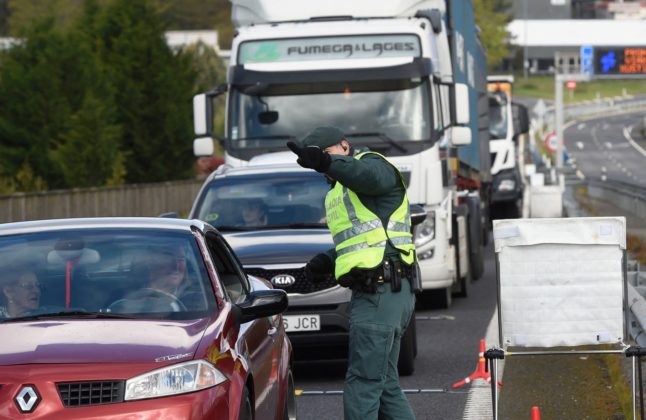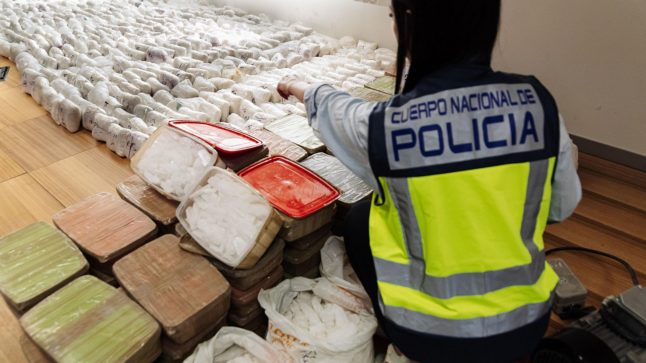In Spain, not paying a fine can have some financial, even legal consequences. What exactly this involves depends on the type of fine you receive.
The Local takes a look at the three main types you could theoretically get if you live in Spain: a traffic fine, a tax fine, or some kind of sanction from the town hall.
Traffic fines
If you accidentally break the speed limit, jump a red light or commit any other driving infraction, a few days later receive a letter from the DGT (Dirección General de Tráfico) will no doubt arrive informing you that you’ve got a fine.
In Spain, you are given a window of 20 calendar days (from the date you got the letter) during which you can pay it off with a 50 percent discount (this is sometimes referred to as ‘prepago‘ in Spanish). Taking this option does mean you lose your right to challenge the fine, however.
Once this window passes, a second period of 25 calendar days begins during which the fine can be paid without surcharges but for the full amount.
Once those total 45 days have elapsed, Spain’s State Tax Administration Agency (AEAT) takes control of the fine, and applies a 20 percent surcharge.
If you still don’t pay it, AEAT can seize assets in order to recoup the payment.
Tax fines
Fines directly from AEAT are usually given to self-employed people in Spain. Fines may be given for failure to file a tax return on time, for example, or not declaring all your income.
READ ALSO: What are the penalties and prison sentences for tax evasion in Spain?
As with traffic fines, there’s also a voluntary period for paying off tax fines without any surcharges. If payment is not made, the enforcement procedure begins, in which you can pay the fine with a reduced surcharge of 10 percent.
If the fine is still not paid, the surcharge is upped to 20 percent. And if you still don’t pay it off, as with traffic fines AEAT takes over the outstanding amount and can seize your assets, starting with money in accounts opened in credit institutions, then bank accounts and so on.
Town hall
You can also get fines from your local town hall, most often parking fines. It can depend on the specific municipality, so it’s always better to check with your local authority, but generally speaking in Spain you’ll be given a period of 60 days to pay. You appeal within the first 30 days should you wish to. Like with traffic fines, there’s also usually a ‘prepago‘ period that allows you to reduce the fee.
After 60 days, a surcharge of 5 percent is applied to the amount of the fine. After that, the fine is passed on to the AEAT, which will first apply a 10 percent surcharge and then a 20 percent surcharge.
As with traffic fines, if it remains unpaid AEAT could seize your assets to recover the value of the fine.



 Please whitelist us to continue reading.
Please whitelist us to continue reading.
Member comments